For industries that need locally installed, high-performance software, thick client applications are necessary, but they also present special security risks. Organisations must secure all tiers of their infrastructure, including dense client environments, in 2025 due to heightened regulatory scrutiny and stakeholder and customer expectations.
One of the most common questions we get at Bluefire Redteam is: “How much does thick client penetration testing cost?” This guide breaks down the key pricing factors, typical ranges, and what to expect when budgeting for a secure, comprehensive assessment.
Get your thick client application professionally penetration tested by a trusted and experienced security company.

Factors That Influence Thick Client Pentesting Cost
Pricing varies significantly depending on a few critical dimensions:
- Application Complexity
- Number of features, workflows, and user roles
- Presence of local storage, databases, encryption
- Integration with external APIs or third-party services
- Technology Stack
- Common frameworks like .NET and Java are widely supported
- Due to the need for reverse engineering, more specialised stacks (Delphi, C++, Electron) could result in higher costs.
- Source Code Access
- White-box testing (with code) is faster and often cheaper
- Black-box or gray-box tests require more manual effort
- Security Assessment Depth
- Basic vulnerability scanning vs. full exploit development
- Inclusion of protocol fuzzing, memory analysis, privilege escalation testing
- Compliance Requirements
- Does the pentest have to adhere to ISO 27001, PCI-DSS, SOC 2, FFIEC, or HIPAA reporting requirements?
- Number of Assets
- Testing a single installer vs. multiple thick client variants across platforms or environments
Typical Price Ranges for Thick Client Pentesting (2025)
- Basic Thick Client Pentest (low complexity, limited scope): $5,000–$7,000
- Mid-Range Engagement (medium complexity, partial code access): $8,000–$18,000
- Advanced Security Assessment (complex logic, fuzzing, adversarial simulation): $15,000–$25,000

Example Pricing Scenarios
- A .NET desktop application with 2 user roles, no code access, and client-server communication: ~$7,000
- A Java-based hospital software requiring HIPAA reporting and memory analysis: ~$18,000
- A legacy C++ trading platform requiring source code audit and protocol fuzzing: ~$32,000
What You Get in a Bluefire Redteam Thick Client Pentest
- Threat modeling & attack surface mapping
- Local and server-side vulnerability assessment
- Reverse engineering and dynamic instrumentation
- Exploit simulation and lateral movement analysis
- Detailed technical report and executive summary
- Developer remediation support and retesting (optional)
How to Optimize Your Thick Client Pentest Budget
- Bundle testing across multiple assets for cost efficiency
- Provide access to source code and internal documentation
- Scope smart: Focus on high-impact areas first
- Plan early to align with compliance deadlines and dev cycles
Are You All Set for a Thick Client Pentest Quote? Every setting is unique. To meet your specific threat model, application architecture, and compliance requirements, Bluefire Redteam provides customised scoping calls.
Need a detailed quote for your desktop app? Schedule your free scoping call and get a sample report with real-world findings from our thick client penetration testing team.
Frequently Asked Questions - Thick Client Pentest Cost
- What is a thick client application?A desktop program that does the majority of its data processing locally instead of depending solely on a server is known as a thick client (or fat client). These applications are widely used in enterprise, healthcare, and financial settings.
- Why is thick client pentesting more complex than web testing?
Thick clients involve local logic, file access, memory handling, and sometimes proprietary protocols. This requires reverse engineering and dynamic analysis techniques not typically needed for web apps.
- How long does a typical thick client pentest take?
Engagements usually last 2–4 weeks depending on scope and complexity.
- Can Bluefire test apps built in legacy technologies like Delphi or C++?
Yes. Our team is skilled in reverse engineering older stacks including Delphi, C++, and VB6.
- Will the test affect our production systems?
No. All testing is conducted in a safe, non-disruptive environment. We follow strict protocols to protect production integrity.
- Do you provide compliance-ready reports?
Absolutely. We tailor reporting to meet standards like HIPAA, PCI-DSS, ISO 27001, and SOC 2.


